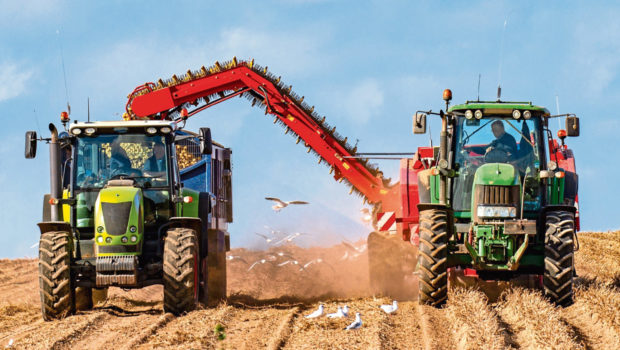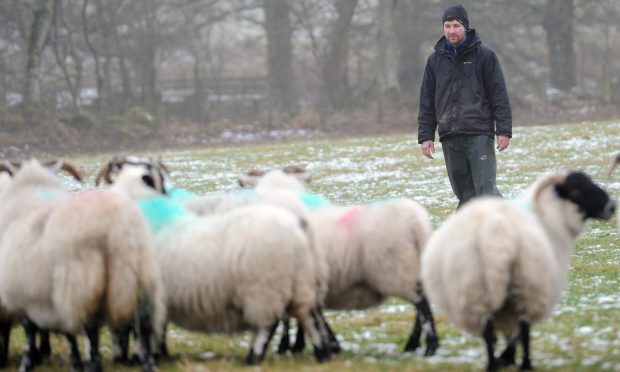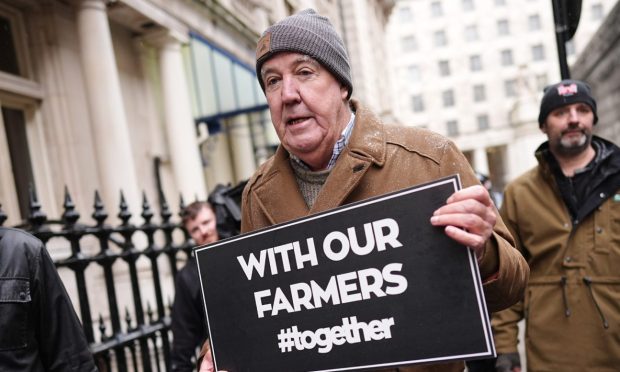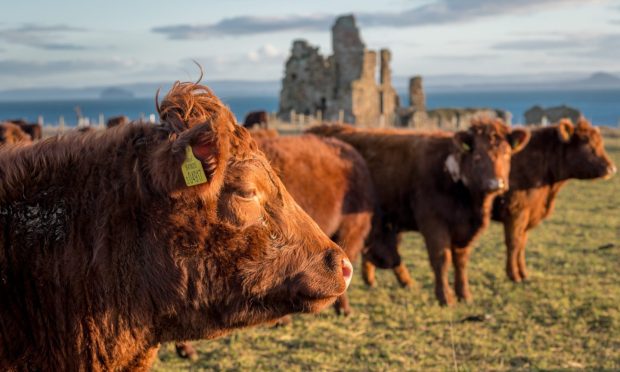The chill in the October air is a stark contrast to the soaring temperature of the campaign to save British food standards and prevent second-rate imports from decimating hard-won markets.
As Scottish farmers tidy up the last of a quality-assured cereals harvest, turn their attention to lifting tatties – produced to exacting standards – and prepare to oversee an autumn calving that meets strict QMS health and welfare conditions, Parliament will get a final say next week on the Agriculture Bill which, without the adoption of vital amendments, could undermine every guarantee British retailers and consumers have come to take for granted.
Farmers are rightly proud to produce food to some of the highest standards in the world but the conditions imposed by assurance bodies are onerous, expensive and mean costs need to be recouped in the market place.
It’s not a recipe for cheap food – but it is, without question, the right one, and should mean British farmers are well placed to export premium produce in future trade deals.
The Lords would appear to agree.
Their amendments to the Bill call for imported food to meet British standards and to give Parliament a final say over future trade deals.
They also call for the creation of a permanent independent food trade watchdog – an indication that they have as little faith in the temporary and toothless Trade and Agriculture Commission as the rest of us.
Meanwhile, Jamie Oliver, Hugh Fearnley-Whittingstall and a growing number of assorted other celebs have seen the light and are now leading the charge to persuade MPs to back the amendments.
Trade Secretary Liz Truss has accused the chefs of “jumping on the bandwagon”, but for the food and farming industry, which has been banging on about the potential consequences of cheap, substandard food imports for months, every influential voice is welcome – even if it has come at the eleventh hour.
I’m at a loss to understand how anyone – let alone an MP with a fragile toehold in a Scottish rural constituency – could vote against upholding food standards, but the government has apparently instructed Conservative members not to back the amendments – and they have the numbers.
So, if you do just one thing this weekend, make sure your MP knows the consequences – for them as well as Scotland’s agricultural industry – if they fail to respect the integrity and work of their farming constituents.
Welcome aboard the bandwagon.










